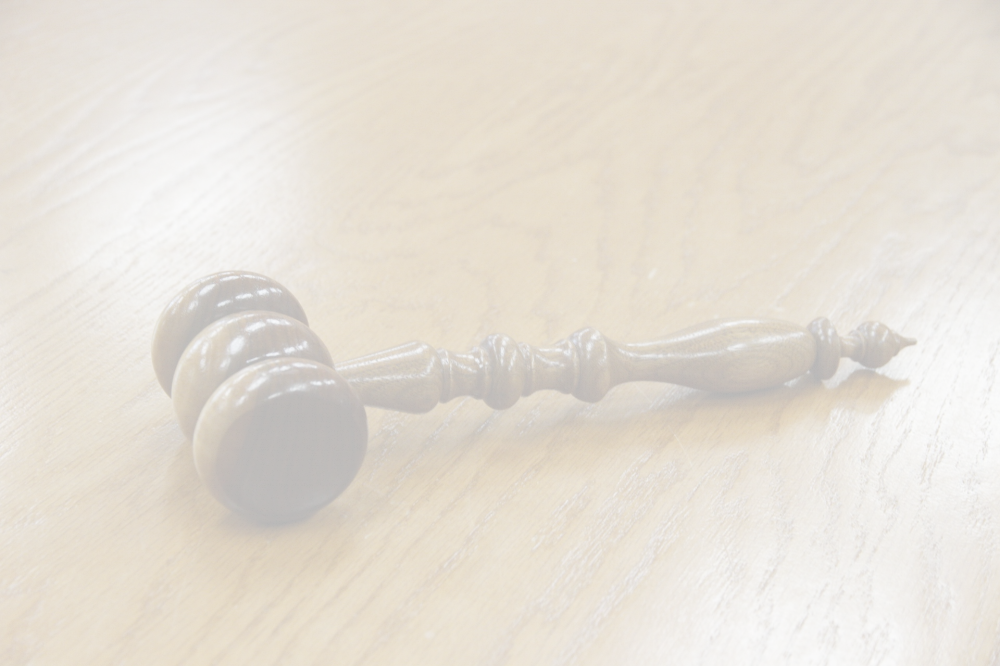John lets out a sigh as his key turns in the lock; it’s been a stressful day at work. He kicks off his shoes and throws his jacket over the back of a chair. Moving languidly, he sets out for his living room, relishing the thought of relaxing. He sinks down into his couch, the most comfortable he’s been all day, and reaches for the cigar box which sits on his coffee table. As he pries it open, he flicks on the TV. Inside are rolling papers, ground weed and a few joints rolled in preparation. John chooses one and sets it to his lips. As he lights it, he takes a long draw.
Now John may sound familiar to you, in fact he may remind you of yourself. It doesn’t matter what job has John stressed, as we know that marijuana use is largely independent of socioeconomic status. He may be a mechanic or a stock broker. One trend we do know is that men are more likely to use marijuana than women.
This trend is most noticeable in older generations, as the ratio of men to women who partake steadily grows with age. There are many reasons why this might be the case: women on average use more prescribed pharmaceuticals, which is possible evidence of men self medicating. Men are disproportionately killed and injured on the job, and if we use this fact as a proxy for work related stress, this could explain why we see a surge of 40% usage in early adult males.
Looking at the numbers, more than half of all criminal charges related to drugs involved cannabis. It is well known that men are the majority of criminal offences. Putting these facts together with the stressful work conditions and disproportionate male use of marijuana, we arrive at a troublesome conclusion: Men are being sent to prison and fined for using a substance less harmful than alcohol to de-stress after contributing to society. Men like John are being prevented from fully participating in society because of how they choose to relax.
This is ludicrous on so many levels it beggars belief. The government is telling us what we can and cannot do with our own bodies, some of our most productive individuals are hobbled in their efforts to contribute, and the court systems continue to disproportionately punish men. Not only is this anti liberal and anti freedom, it is counter productive and absolutely pointless. The only thing an end to drug prohibition would harm is the yearly bonuses of the drug enforcement officers.
Marc Emery himself spent more than four years in prison for a victimless crime. Rather than being allowed to grow his business, which would have provided jobs and livelihood, he was removed from society and incarcerated. How does this protect anyone? The answer is it doesn’t. The government has simply swollen too large for its role, and is looking to use authoritarian measures to arbitrarily prevent the citizenry from enjoying life. When the government begins to institute morality as law, it’s time to take a long hard look at our society.
Justin Trudeau has promised to address the issue of marijuana legalization. He has also promised to address the issues facing women, and managed to form a cabinet with equal numbers of both genders. He is to be applauded for these laudable achievements. One can only hope that he continues to fulfil his promises, and ends the pointless prohibition against marijuana. By doing so he will also help address a major issue facing men in our society. As a noted egalitarian, this is what we should expect from our prime minister. After all it is 2016.
"Men are more likely to use marijuana than women."
Weed and Men's Rights
by Jesse Velay-Vitow
Protip:
Slap that F11 for best viewing experience!
Top 3 libertarian Anime!!
Trinity Western Law Degrees Unrecognized!
Religious freedom and sexual freedom are, more often than not, at odds in society. This familiar conflict is currently playing out in provincial courts across Canada.
Trinity Western (a private, Evangelical university in Langley, BC) is being denied the ability to accredit its law school graduates — consequentially invalidating their degrees. The Law Societies of various provinces, who evaluate and determine which schools are fit to accredit, hold that TWU’s code of conduct (their “Community Covenant”) is discriminatory, and that TWU is thus not qualified to accredit. The contended rule states “sexual intimacy that violates the sacredness of marriage between a man and a woman” is prohibited.
While the Federation of Law Societies of Canada — having federal jurisdiction — has approved of TWU’s law program, the provincial law societies of British Columbia, Ontario and Nova Scotia denied it — overriding the FLSC’s approval in their respective jurisdictions. TWU is still receiving accreditation from the other provinces.
The provincial Law Societies hold that in order to qualify for accreditation, a law school must, through its curriculum, show that its graduates either maintain or advance the standard of the legal profession in accordance with the public interest. The “public interest” is a vague notion, but the qualifications can be understood as the graduates needing to not only be well- educated, but also be educated in a moral manner that ultimately serves the good of the public.
Initial evaluations of TWU’s curriculum have qualified for accreditation; however, upon review of the Community Covenant, it was reconsidered and revoked. The issue was, then, not with the quality of education (as the curriculum on its own qualified), but with the values of TWU (stated in their Covenant), which are — apparently — contrary to the public interest.
The implications of this rendering by the Law Societies are significant, as they equate to condemning religious values. By stating that these values are contrary to the public interest, the Law Societies are not only asserting that these values are immoral, but are also imposing legal force onto this judgement. Furthermore, this rendering suggests that those educated with these values are unfit to serve in the legal profession — thus discriminating against a class of people holding particular beliefs. In other words, the rendering of the Law Societies extends much further than this case — giving legal force to moral judgements on the values of particular people.
By this rendering, the Law Societies fail to make an important distinction between a code of conduct and a curriculum. They assume that the code of conduct is negatively affecting the graduates’ abilities to perform in the legal profession. That is to say, because their private beliefs are in disagreement with homosexuality (and other alternative forms of sexuality), it is against the public interest to allow them to perform a function in the public sphere. The consequence of this assumption is that one’s private beliefs and values are grounds for discrimination, and disqualify individuals from certain professions.
The curriculum — i.e. what they will actually be bringing to the public sphere— is independent of the code of conduct, and cannot be proven to be affected by it. The curriculum is the proper, relevant gauge of the graduates’ education and ability — not their private beliefs. Perhaps if the curriculum included the tenet, the Law Societies would have a fair case; but it does not, and as such, the Law Societies are not condemning the graduates education, but their faith — in this case, Evangelicalism.
It is dangerous to assume that one’s faith is immoral, and, further, that they are immoral by extension. Whether their religious values will affect their actions in the public sphere is not to be hypothesized and assumed, but can only be fairly judged according to how they perform their action after they’ve actually perform that action.
The Law Societies condemnation is thus misguided in two respects: (1) they have made moral judgements with legal force on the private beliefs and values of a certain class in society; (2) the beliefs and values condemned are erroneously implicated onto the curriculum, when, in fact, they belong to the religious faith the institution is founded upon.
As it stands, after a series of reversals, the Supreme Court of British Columbia ruled in favour of TWU in 2015 — however, the British Columbia Law Society has, as of June 2016, motioned for an appeal, and the case is back in court. In Ontario, the Court of Appeal rejected TWU’s appeal, upholding the Ontario Divisional Court’s decision in favour of the Law Society of Upper Canada from 2015; the case is now being taken to the Supreme Court of Canada. In Nova Scotia, the case has been settled by the Supreme Court of Nova Scotia in favour of TWU.
Justice James Campbell of the Supreme Court of Nova Scotia, in his rendering, stated that:
The Charter is not a blueprint for moral conformity. Its purpose is to protect the citizen from the power of the state, not to enforce compliance by citizens or private institutions with the moral judgments of the state.
While this has surely been good news for TWU, this case — and its nation-wide implications —is far from over.







 Torchbearer
Torchbearer